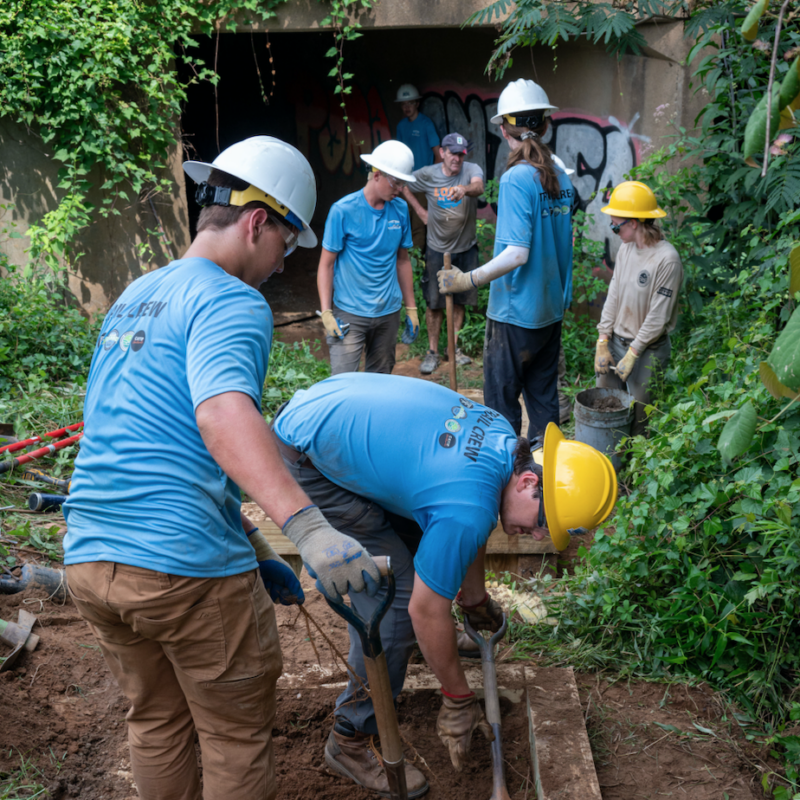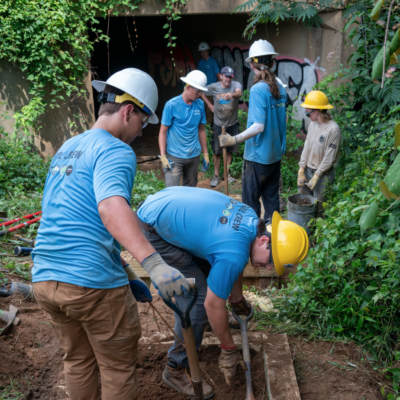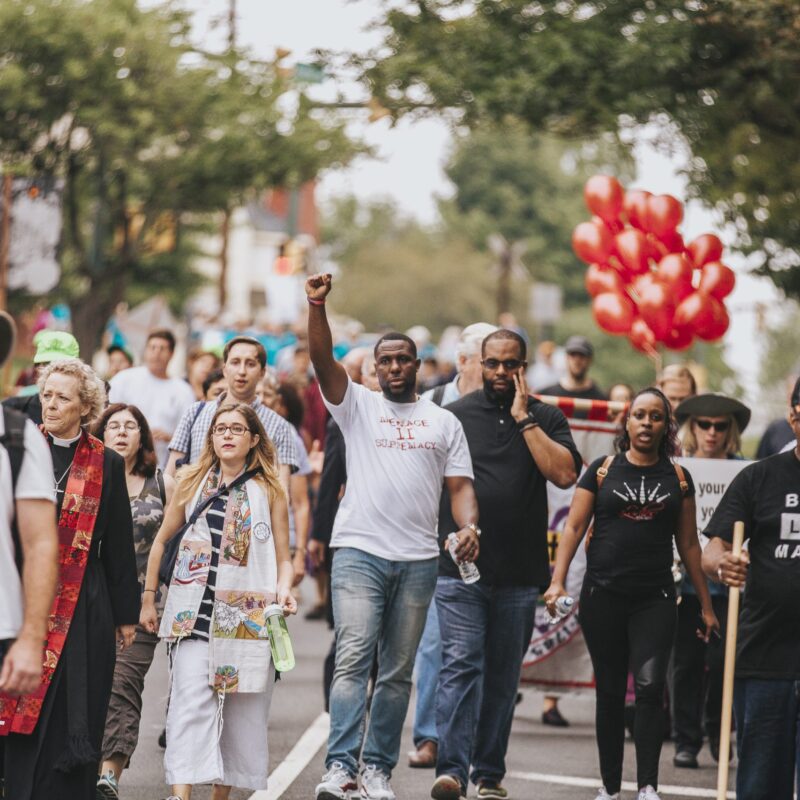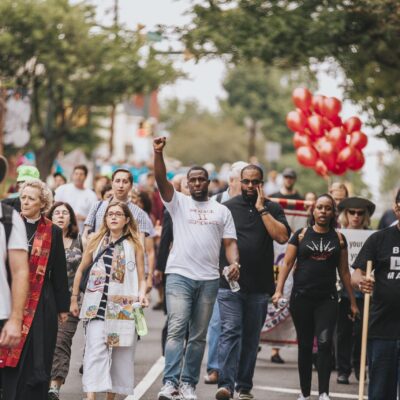Frances Anderson had lived in her house just outside Albemarle County for 27 years when Mike Hall of Aggressive Mortgage Corporation called her. After talking to Hall three or four times over the phone, Anderson, a 78-year-old widow, signed a mortgage that Hall said would save her a bundle of money. But come March, Anderson says she’ll face foreclosure.
Anderson says she never met Hall. The only time she saw anyone from Aggressive Mortgage was the day when a man showed up at her door with a stack of closing papers 2" thick. He was there for an hour, having Anderson sign a ream of papers so dense it took a lawyer over four hours to carefully review copies of the documents.
"The good faith estimate that was sent to her was for a 30-year, fixed-rate mortgage," says Kathleen Caldwell, a lawyer with the Legal Aid Justice Center. "Later, the closing attorney brought a stack of papers for her to sign that were different from those that had been previewed for her."
When she received her first monthly statement, Anderson discovered that she’d taken out not one, but two mortgages. Hall had also over-reported Anderson’s monthly income by $1700. Anderson’s $100,000, 30-year mortgage did not have a fixed rate. Instead, it was an adjustable-rate mortgage (ARM), one that will go up next March. Along with the second "balloon" mortgage carrying a 12.446-percent APR, the ARM will effectively price Anderson, who’s on a fixed income, out of her home.
According to a study by the National Community Reinvestment Coalition (NCRC), African Americans in the Charlottesville area receive high-cost loans 3.88 times more frequently than whites, regardless of income. It is the largest discrepancy in the nation. In the first quarter of 2007, the Richmond-based group, Housing Opportunities Made Equal, reported that Virginia foreclosures increased by 138 percent from 2006. And while some point to the NCRC study as proof that African Americans are being steered to high-cost loans, Anderson, who is African American, experienced an even more aggressive approach by a lender that, in this case, seems to live by its name.
Dr. M. Rick Turner, the president of the Albemarle-Charlottesville National Association for the Advancement of Colored People (NAACP), says he was surprised that income wasn’t a factor in the lending discrepancy between races. "We have a tendency to think that only poor blacks are being victimized, therefore we pay less attention to things unless it impacts us directly," he says. "It’s appalling. I’m so glad the national office of the NAACP has filed a lawsuit."
On July 11, the national NAACP filed a federal lawsuit against 14 of the country’s largest lenders, alleging what the NCRC study seems to show in Charlottesville: institutional racism in high-cost, subprime lending. "One thing it will do," says Turner, "is get the lenders around the table, to get rid of the racism that’s inherent in the profession."
Meanwhile, March is six months away. Anderson says that she doesn’t know how she’ll afford the increased mortgage payments and is thinking of selling her house. Aggressive Mortgage has been little help. Anderson spoke to Hall over the phone after discovering that she’d signed for two mortgages, neither of them the one she’d previewed. He got angry when she called, Anderson says. "He told me, ‘Take the damn car and sell it.’"
C-VILLE welcomes news tips. Send them to news@c-ville.com.





